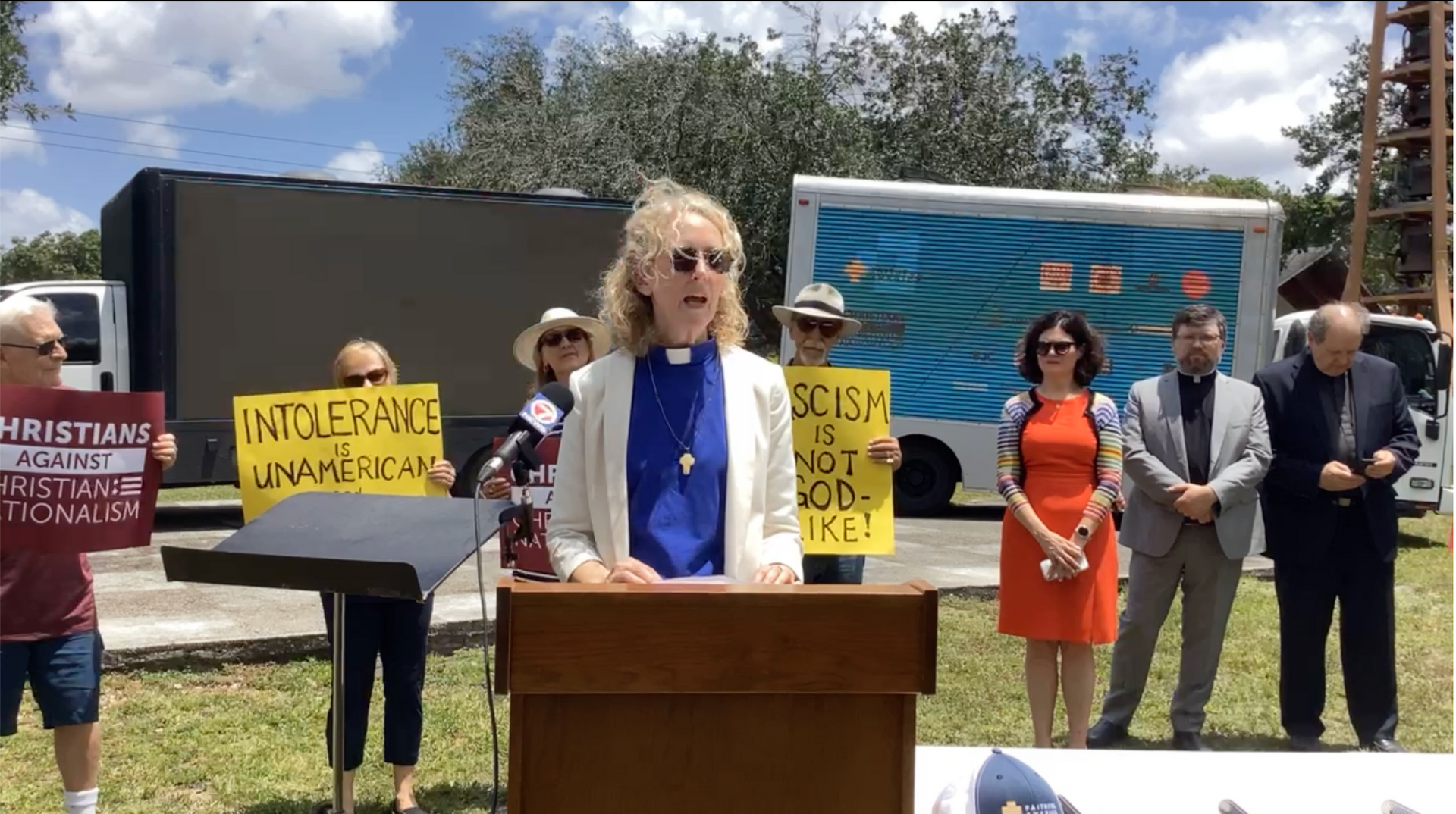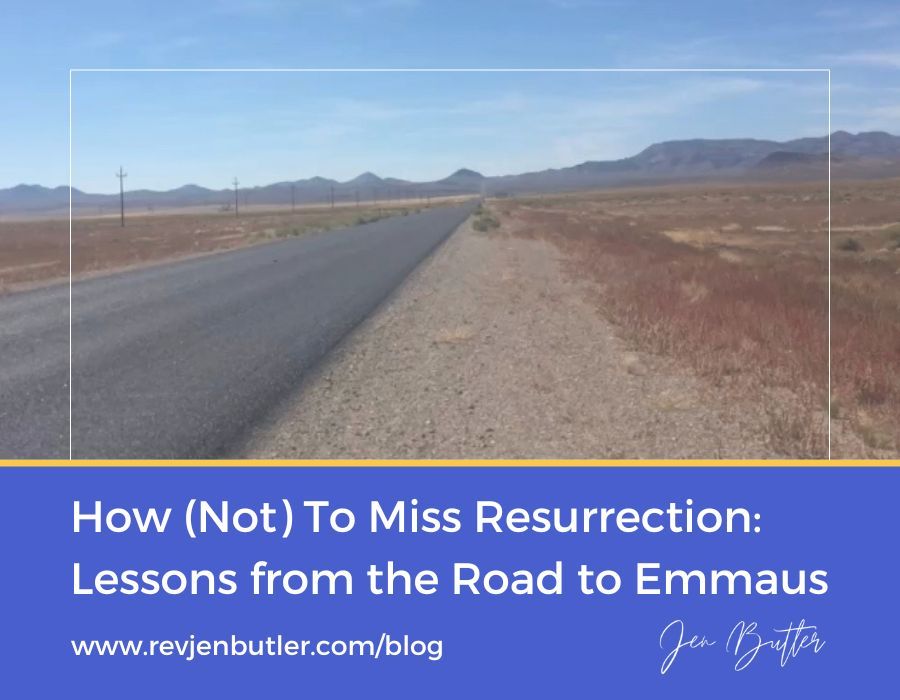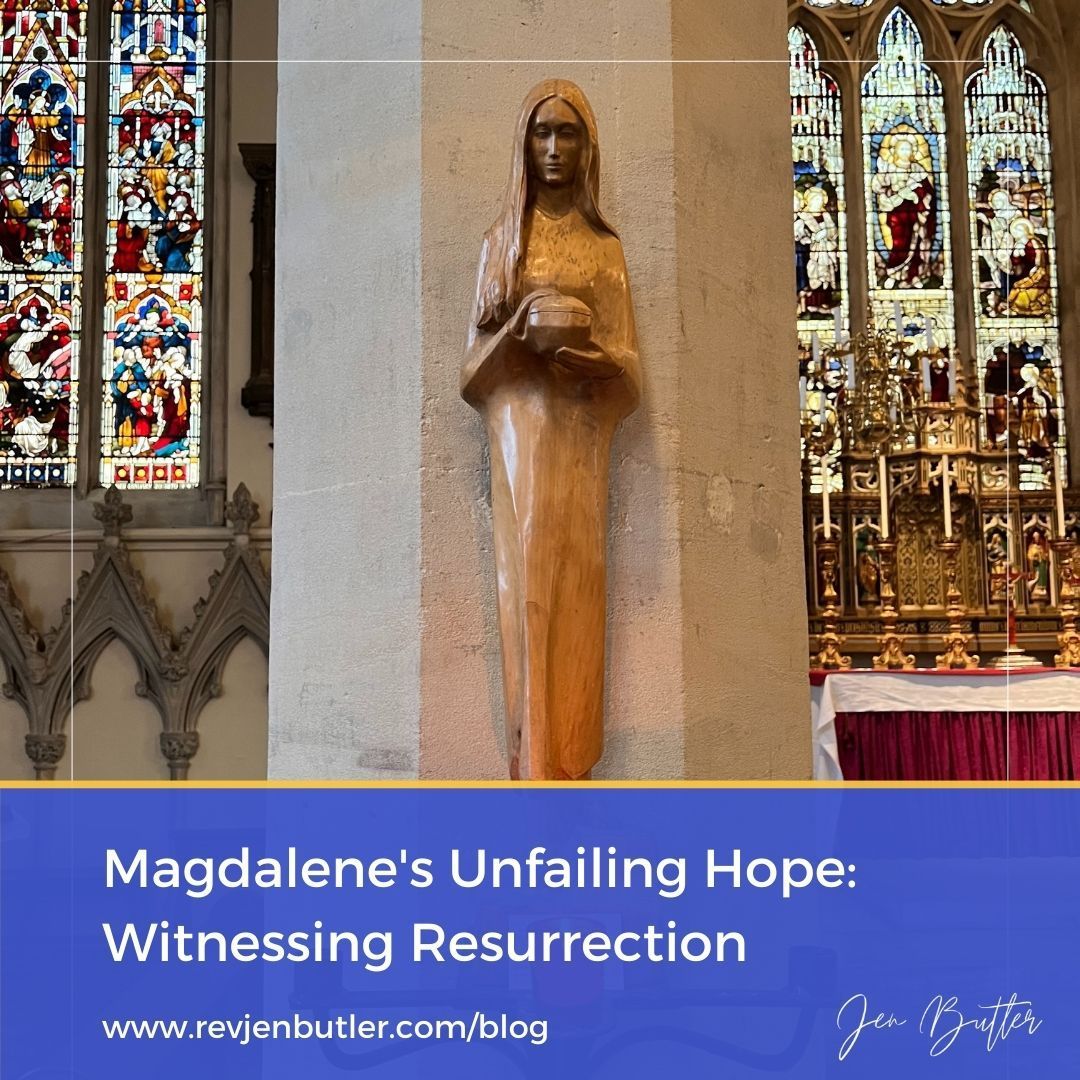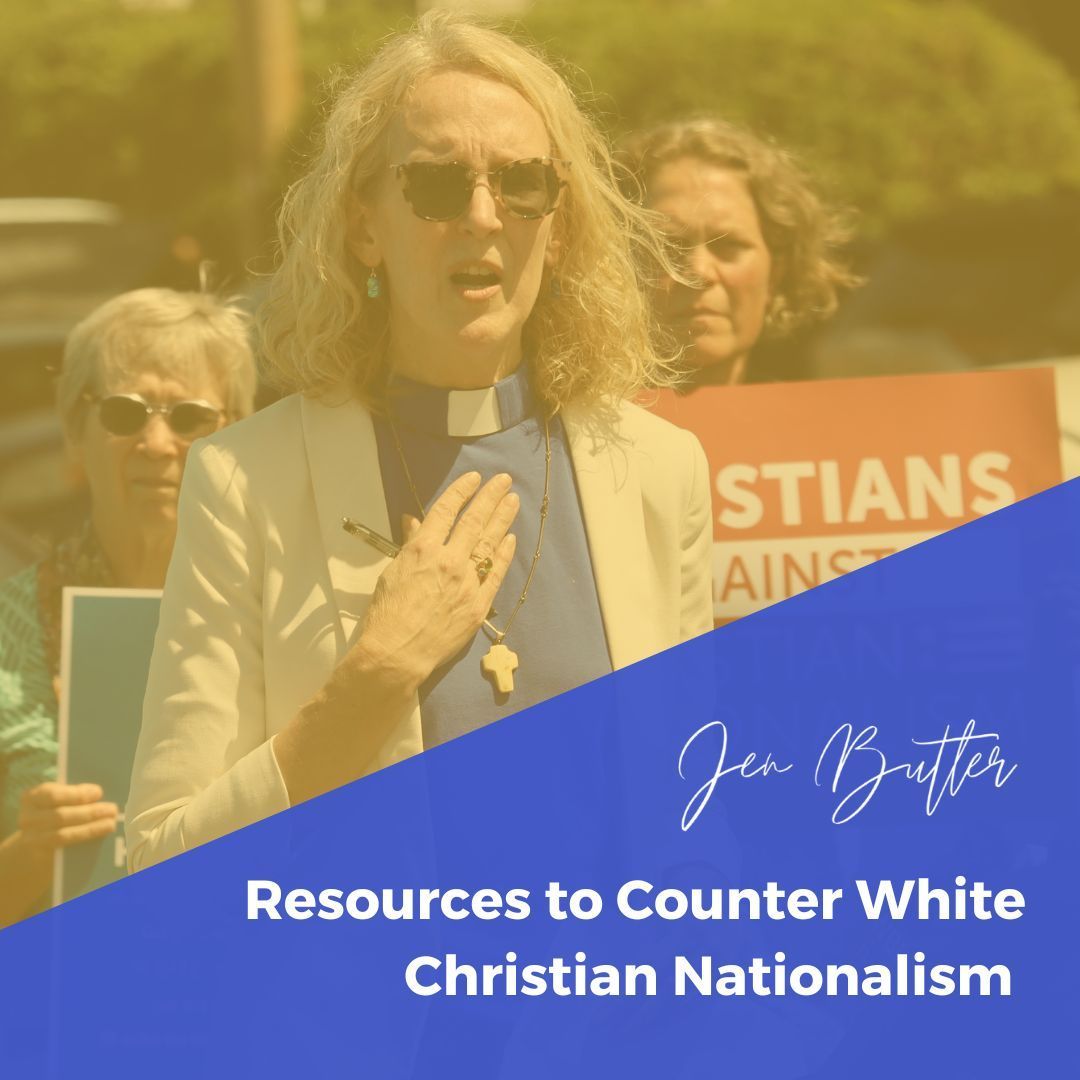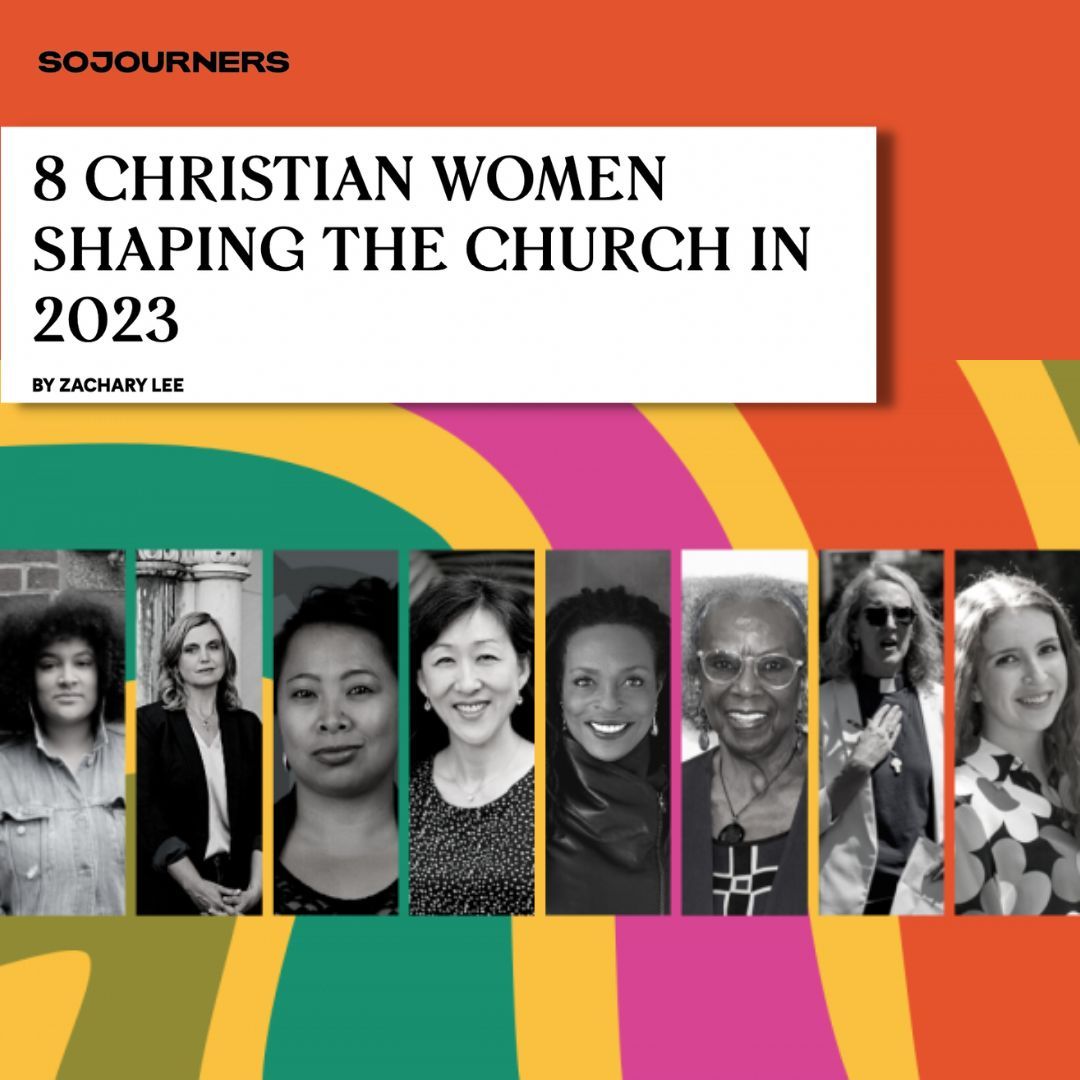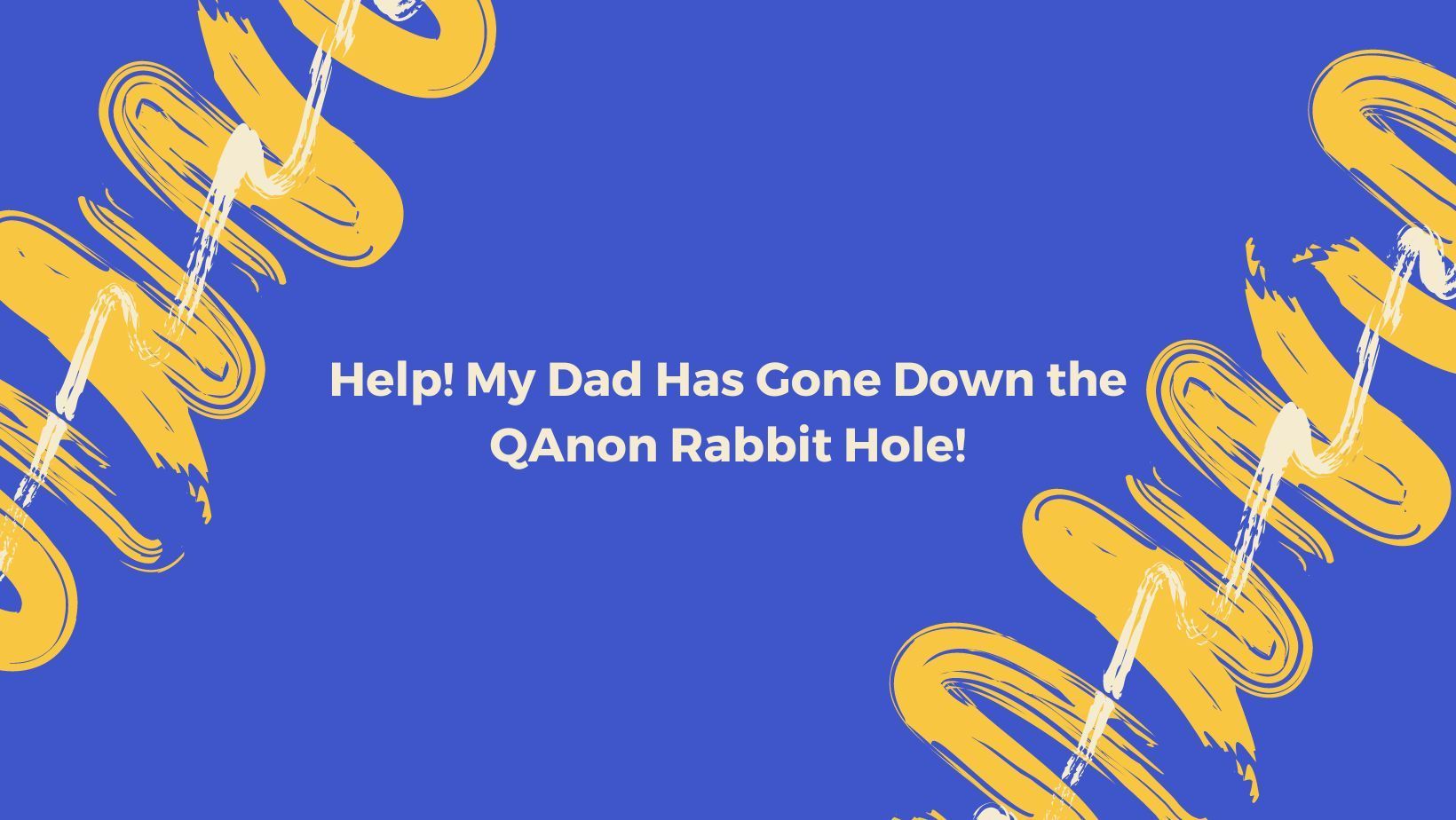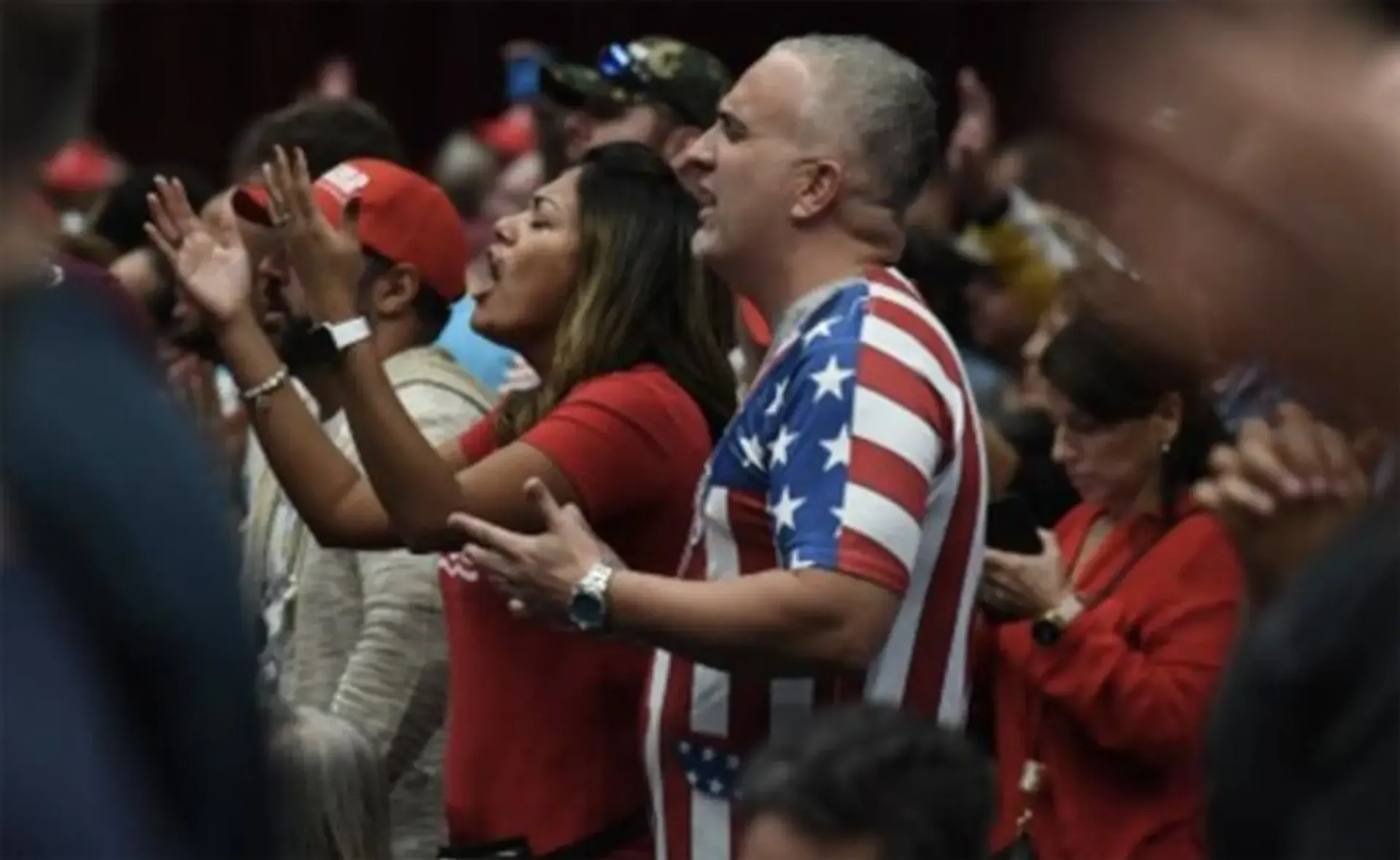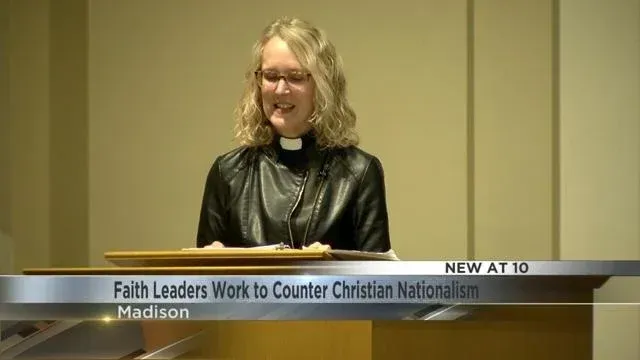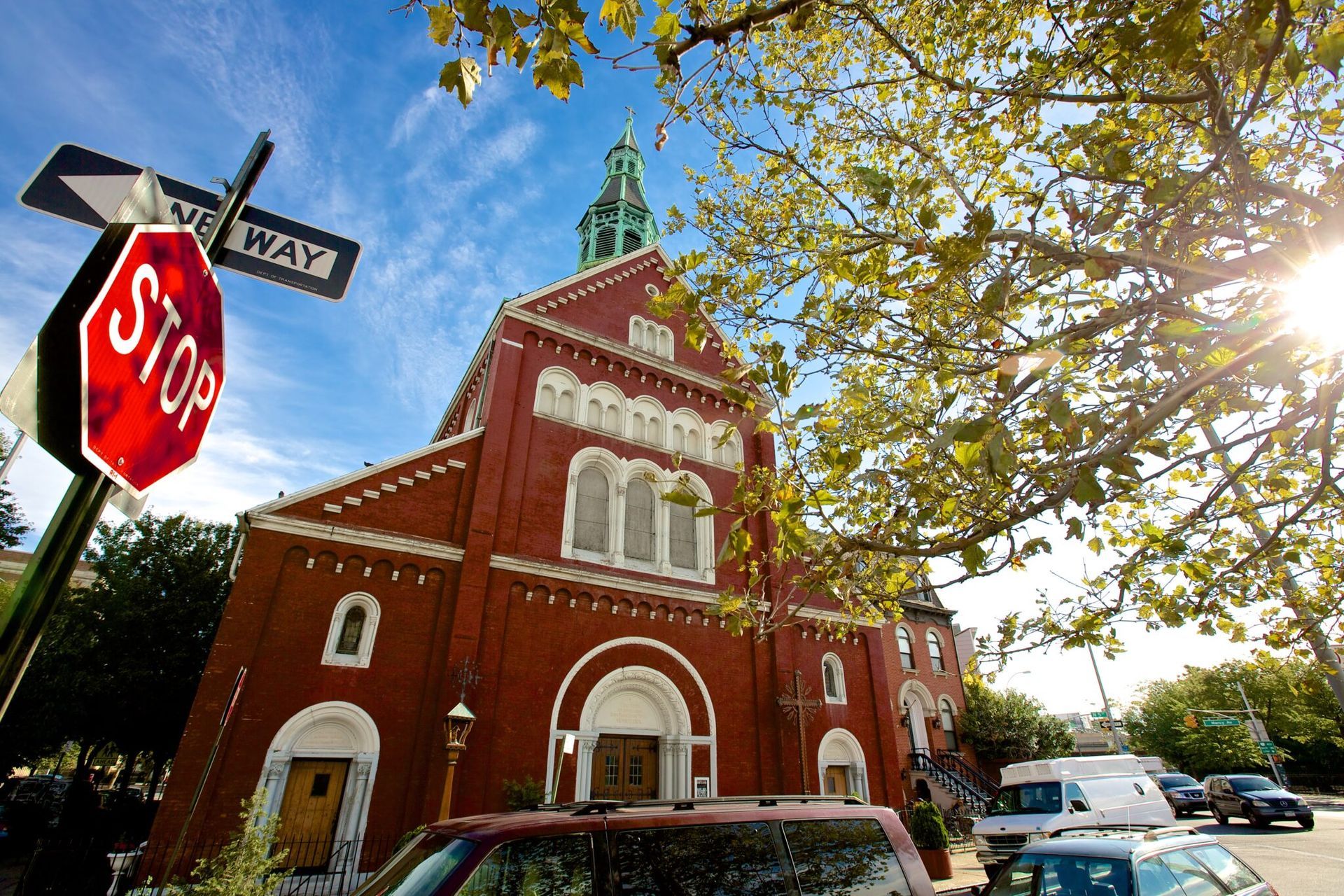Advent | Hope in the Midst of Chaos
As we approach the end of another tumultuous year in America, Christians enter a season of contemplating the terrible story (yes, the story is terrible) of Jesus’ birth.
We romanticize Advent and Christmas in our retelling of the story, but being born in a barn because your parents could not find (or probably afford) lodging is not “calm and bright,” as my favorite Christmas hymn conveys. Noisy, smelly and chaotic comes closer to words I would choose. Nor would it have been joyful to learn Herod had sent spies (the Magi) to expose the child’s whereabouts, prompting the family’s flight to Egypt.
Our culture, focused on the commercialization of this holiday season, has once again numbed us to deep spiritual truths in these stories. When we immerse ourselves in the pain of these stories we can better find our way into the hope, joy and peace also celebrated in this season. Advent can help us find God’s gift of hope in the midst of our communal and individual wilderness journeys full of unknowns, threats and adversity.
In these times it might help to walk in the path of the Magi who were so inspired by encountering the one who will cast tyrants from their thrones, that they returned by another road refusing to “dox” (in modern terms) the savior. They chose another road both literally and figuratively, refusing to join Herod’s diabolical collaboration with imperial oppressors. In those terrible times, Jesus’ family, the Magi and the Shepherds all took hope in God’s vision that a world of human flourishing was possible. They took hope and invested in that vision -- one as fragile and minuscule as an infant exposed and vulnerable under the stars.
Today we face our own terrible story.
Our democracy is still on the brink of collapse because we have never fully reckoned with our racist and sexist history. Our families and communities are torn apart by polarization. Christian nationalism, QAnon, right wing militia and other subsets of the MAGA voting base continue to capture the imaginations of millions and hold sway over an entire party which refuses to hold them accountable for fear of losing an election. Extremism prompts violence and terrorizes communities. The resulting paralysis prevents elected leaders from solving pressing, even existential issues like climate change.
However, there is hope in the midst of this wilderness too.
To embrace God’s gift of hope is to orient our spirit toward God’s vision of human flourishing -- to envision it, to share that vision with others and to work to make it a reality even when the odds seem slim. Hope is not a prediction that things will turn out alright. It has nothing to do with certainty. It is not even a happy feeling. Hope is a door opened by our determination to bend the arc of the universe toward the biblical vision of a world free from oppression and exploitation. Hope is the creation of space for something new to unfold.
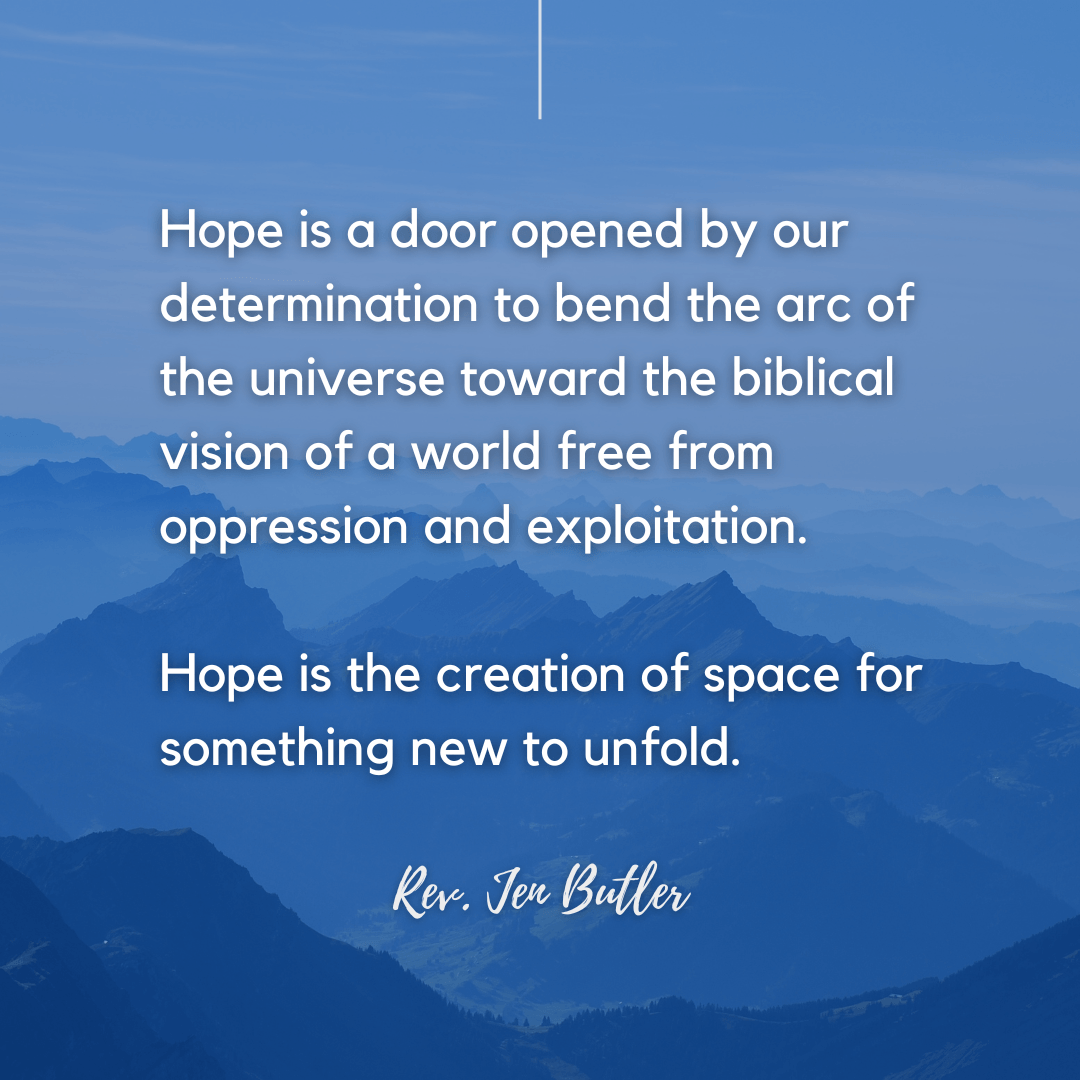
That is what many have worked to do this fall as the nation experienced elections that presented to all of us a choice between democracy and autocracy.
Hope begins with taking time to remind ourselves and others of the impossible that has been achieved and what it could mean for our futures if we continue to invest our hearts in it. We are not out of the woods yet, but look what has unfolded because people chose to hope and take another road like the Magi:
- A progressive Black pastor from Georgia (a friend and colleague to many of us no less) was elected to the U.S. Senate and will serve a six-year term. In this southern state that has been consistently targeted by some of the worst voter suppression laws in the country, Georgia leaders caught the vision that things could change and they organized to make it so.
- Voters turned out in record numbers for a midterm election and in Georgia they did so twice. They had faith--the assurance of things hoped for (Hebrews 11:1)--despite our broken system, that their voice could make a difference. And enough voters on the fence chose solutions-oriented candidates over extremist candidates endorsed by our former president. The results defied conventional wisdom in favor of democratic, solutions-oriented governance.
- Prominent Christian nationalists lost in key places. Their campaigns platformed ideas that harm our neighbors , yet Christians everywhere are pushing back on this heresy thanks to the leadership of Black scholars like Dr. Anthea Butler and Dr. Jemar Tisby and the work of organizations like Christians Against Christian Nationalism and Faithful America.
- Despite partisan efforts to make voting more difficult and compromise election integrity, counter-organizing prevented the worst from happening. This happened only because people-- including faith communities-- worked to shore up access to the ballot box.
Many of us are exhausted. Like the prophet we ask “how long, oh Lord?”
So how can we actually cultivate hope?
First, be sure to witness the miracles in our midst.
They may seem small given the challenges we face. But on second glance, they are enormous. The Magi gave gifts worthy of a king to a child lying in a pile of straw--hardly promising! It is so easy to focus on what’s broken and unrealized, but take time to savor victories, large and small. Celebrate success stories, share them with others, send thank you notes. Give thanks for these in prayer knowing God is moving among us to make human flourishing a reality. Look back at the history of prior movements-- they prevailed against all odds. Let those inspire you, including the many such stories in the Bible.
Second, spend time imagining the kind of community and nation we are striving for.
The prophet Habakkuk told us to “write the vision, make it plain”. If we always focus on what we are not, we can lose the energy of the vision that first called us to the work. Hope is contagious. It spreads like fire calling all we imagine into being. So spend some time fantasizing about what it will look like and share it with others. And if you hit some divisiveness over the holidays, ask people what their vision for their community or nation is, because often this unifies people even if the “how” divides. This might help you through those “interesting” holiday conversations.
And last, free yourself by humbly recognizing your role in this work.
We cannot control what happens in the world and it is not all up to us. But we can stand in wonder at the fact God is working in and through us.
May the wonders of God’s love encourage us as we find true hope in this season.
